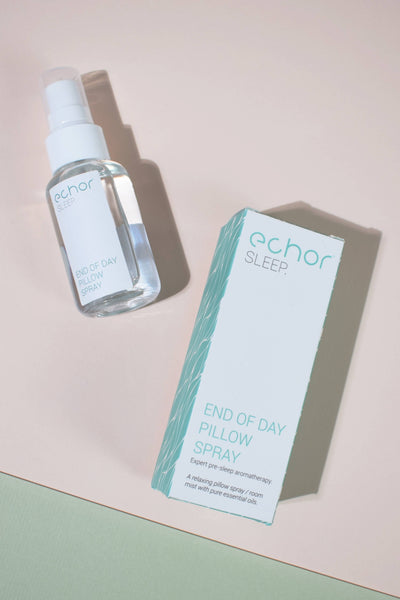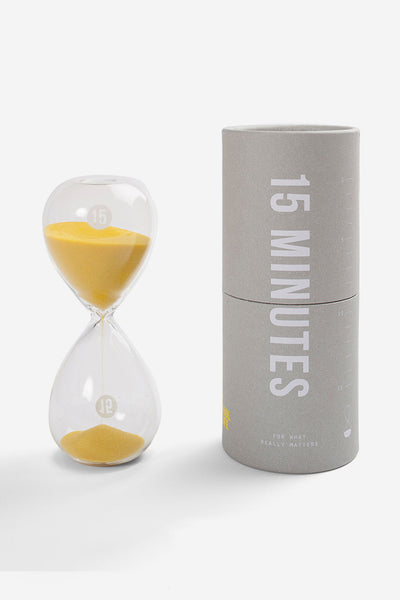Can grinding and clenching my teeth affect my sleep?
Do you ever wake up with a sore jaw or pounding headache, wondering why you didn't have a good night's sleep? The answer might lie in the connection between bruxism and sleep.
Bruxism, the unconscious grinding, clenching, or gnashing of teeth, is a common condition that happens during our sleep.
The Connection Between Bruxism and Sleep
Bruxism and sleep have a complex relationship. It's not just a matter of grinding teeth; it can actually disturb both the quality and quantity of our precious sleep.
Imagine this: during your slumber, those grinding and clenching actions cause tiny awakenings, so brief that you may not even remember them. But these micro-arousals disrupt your sleep pattern, making it harder to achieve the deep and restorative sleep your body craves.
Effects of Bruxism on Sleep:
Many people aren't even aware they grind their teeth until they experience jaw pain, headaches, worn-down teeth, and even daytime sleepiness. These symptoms may seem disconnected, but they actually stem from the impact bruxism has on our sleep.
Let's explore how bruxism directly affects our sleep process:
-
Disrupted sleep patterns
Bruxism messes with our sleep patterns. Those frequent awakenings throughout the night disturb the flow of our slumber. It's like someone pressing pause and play on a movie over and over again, preventing us from reaching the deep, restful sleep stages we need.
-
Increased arousals
The grinding and clenching motions activate our body's stress response, releasing cortisol and causing brief awakenings. It's as if our bodies hit the panic button, disrupting our natural sleep rhythm and leaving us feeling anything but refreshed.
But fear not!
There are ways to tackle bruxism and improve your sleep quality. It's all about taking a holistic approach:
-
Stress management: Find healthy ways to manage stress, like meditation, deep breathing exercises, or engaging in activities that help you relax. Your teeth will thank you.
-
Dental interventions: Consider using custom-fitted mouthguards or our Anti-bacterial Night Guard to protect your teeth and relieve muscle tension. These oral appliances can work wonders in reducing the damaging effects of grinding and clenching.
Find more about fitting a night guard and how it works here.
-
Sleep hygiene: Establishing a consistent sleep routine, creating a comfortable sleep environment, and practicing good sleep hygiene habits can improve overall sleep quality.
-
Address underlying sleep disorders: If you suspect other sleep disorders, like sleep apnea or restless leg syndrome, are tagging along with your bruxism, seek appropriate treatment. Addressing these issues can help reduce grinding and clenching during sleep.
-
Behavioural therapies: Explore cognitive-behavioural therapy (CBT) or biofeedback techniques to recognize and modify your grinding patterns. Breaking the habit is possible with the right strategies.
Overall
Recognizing the signs of bruxism and understanding its connection to sleep is crucial for seeking appropriate diagnosis and treatment.
At Echor, sleep is our thing and we want you to have the best possible night's sleep. So, take the necessary steps to protect your teeth, manage stress, and achieve a restful night's sleep!









